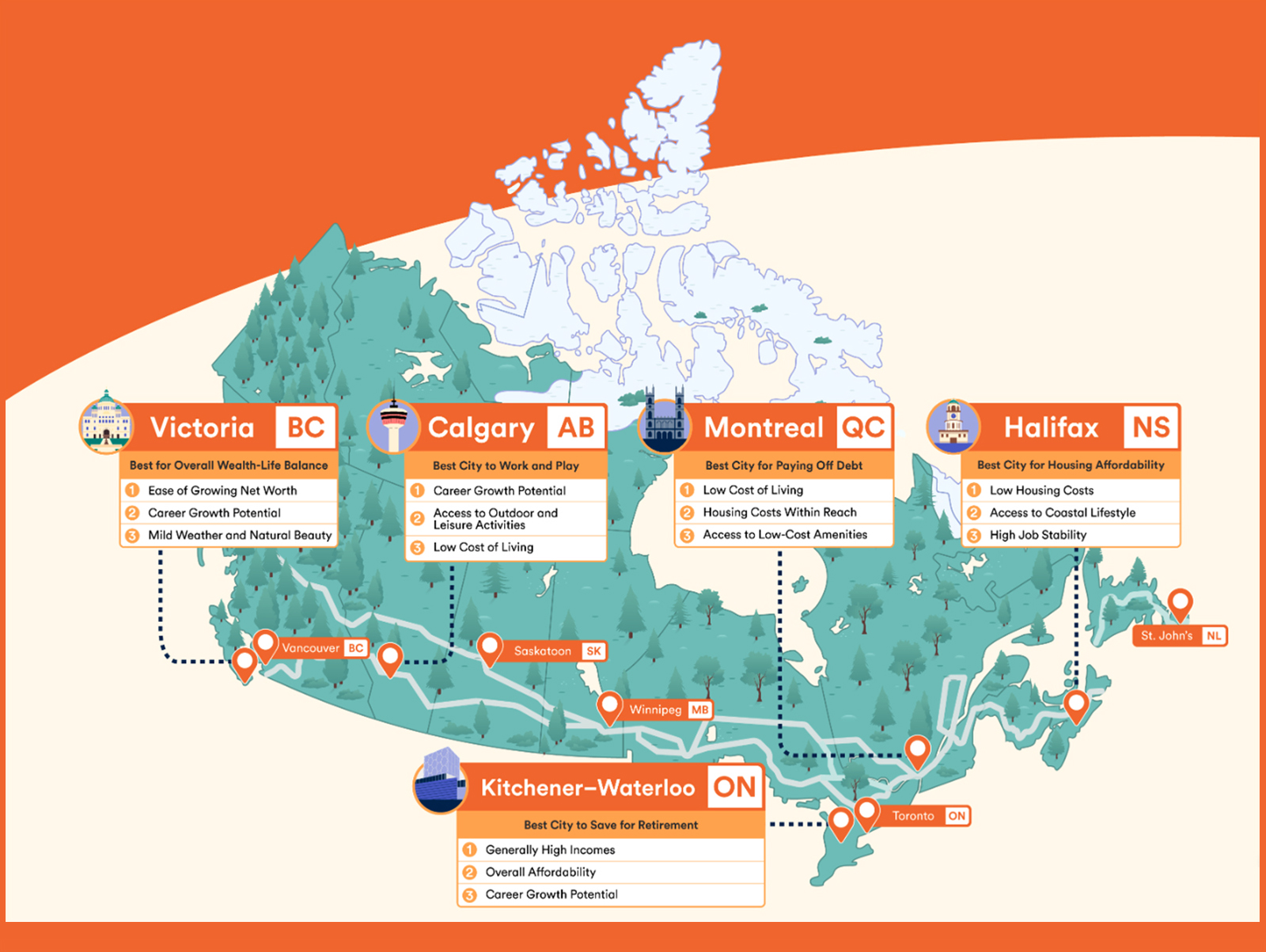How to combine finances as a couple
Truth time: Even as a personal finance writer, the first conversation I had about money with my partner was tough. But after the initial awkwardness, there's an undeniable relief that comes with being on the same page about budgeting, managing daily finances, and setting goals.
Money is widely cited as the biggest stressor in relationships, but it doesn't have to be – talking about it can help prevent problems down the road. For couples serious about a long-term future, here are a few ways to approach combining your finances.
Make the first move
Some personal finance experts cheekily call the first step getting "financially naked": Sharing your salaries, debts, savings and investments, and credit scores so you both know what you're working with.
You can set aside a particular evening or weekend to trade watching television for talking net worth, but sometimes it's easier to seize an organic moment.
For my partner and I, it started with him asking over dinner about how to check his credit score online. From there, the conversation casually flowed into student loans, credit cards, and how we manage our respective savings. It wasn't awkward at all, and I found out that his credit score is actually higher than mine.
Ask the right questions
With disclosure out of the way, the next step is to discuss your financial values and priorities. It's OK if your answers don't align exactly – even coming from very different upbringings and experiences, my partner and I still found common ground on big-picture issues from a place of non-judgement.
There are endless lists of money-related questions to ask your partner online, but The Money Speakeasy has distilled it down to five open-ended questions. They include:
- What are our financial values and priorities when it comes to money?
- What's our plan for managing debt?
- What's our plan for handling emergencies/loss?
Take a budgeting course
If you need advice, structure, or don't see eye-to-eye on certain issues, consider signing up for a personal finance course. Online courses like Budget With Your Boo, offered by the Toronto-based New School of Finance, use video tutorials and downloadable worksheets to coach couples on household budgeting, paying down debt, defining short and long-term financial goals, and setting priorities.
These courses can also help you sort out nitty-gritty things like having joint or separate bank accounts, personal vs. shared expenses, and who's in charge of paying the bills.
Check in with each other regularly
All of these steps don't need to happen in one night, and combining finances as a couple certainly isn't a one-time conversation. Having that initial chat sharing credit scores and talking with my partner definitely set a precedent for open and honest ongoing conversations about money as we move forward in our relationship.
Life only gets more complicated when you add a mortgage, life insurance, plus kids (and all their wonderful expenses), so I consider talking about finances as an ongoing reinvestment in our shared future.










